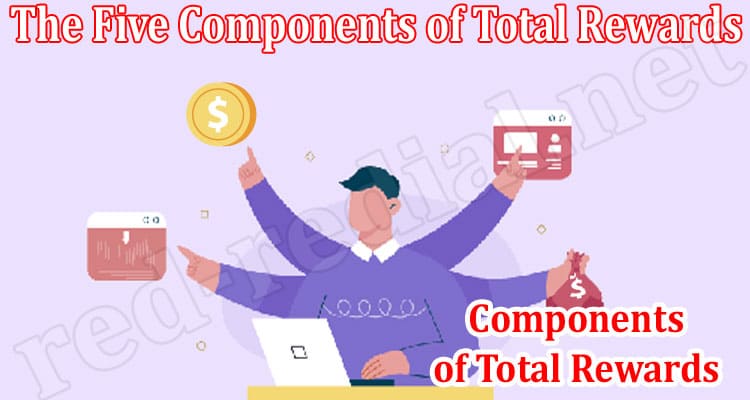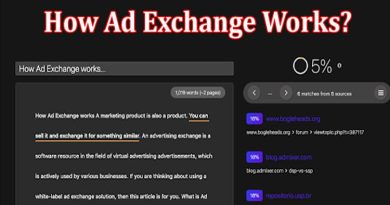The Five Components of Total Rewards
Five Components of Total Rewards: If any aspect of your business should be extremely important right now, it’s your rewards strategy. In a labor market in which people have more of a say about where and how they want to work, you must be able to excel in recruitment and retention. A big piece of that is a generous, well-rounded rewards package that balances economics with empathy.
Here are the five components of total rewards.
The Issue
It’s a new day with new priorities for rewards, which are being realigned to address the changing needs of this new environment in which we work and live. You want to get as much value as possible from your rewards offerings, but you also want to show compassion. A recent Gallup survey revealed only 24 percent of employees believe their employers care about their wellbeing. At the height of the pandemic, the figure was 49 percent. So, yes, it’s a balancing act for organizations.
What is a Total Rewards Strategy?
A total rewards strategy is an organizational system that provides compensation, benefits, and developmental rewards in exchange for achieving certain business objectives. The idea is to combine pay and benefits with opportunities to grow amid a motivated work milieu.
What Comprises Total Rewards?
- Compensation
Beyond base salary, this can include other kinds of pay that incentivize people to do their best. Perhaps you’ll put in place what’s called a variable-pay system in which compensation is based on performance. How it works is, once a certain pay level is achieved, the employee must earn it again for every pay period.
There’s also short-term incentive pay, which provides extra pay for performance gains of less than a year. In addition, there is long-term incentive pay, which provides rewards for output and performance for longer than a year. Such rewards often include stock options and cash bonuses. Top employees tend to like such total rewards options because they’re certain they can regularly exceed expectations.
- Benefits
You likely know there are some benefits you’re required to provide, including Medicare and insurances such as unemployment, Social Security, Medicare, worker’s compensation, and state disability. You can and should go beyond that with an attractive package that includes vacation time, leaves of absence, bereavement leave, lifestyle spending accounts (see getbenepass.com for information), and perhaps a variety of retirement plans. Other perks could include, for example, chore help, “date nights,” massages, flextime, yoga, surprise trips, sabbaticals, paid volunteer work, bike share, “walking” meetings, mental health days, and even on-site dental clinics.
In this tight labor market, it’s time to be creative regarding perquisites.
Also, people do tend to favor options, so a “cafeteria” or flexible benefits program may be in order. Such programs provide what are called benefits credits that are equal to a specific dollar figure. These can be used toward garnering the specific benefits they want. According to the Bureau of Labor Statistics, flexible benefits were available to 37 percent of government employees.
- Professional Development
Employees tend to stick around if opportunities for professional development are offered. Not only that, but you get more skillful employees. Such career development can include offerings such as technology training, tuition help, paid time off for off-site seminars, or mentoring programs, for example. With a multigenerational workforce, keep in mind that different types of mentorship may be needed in your workplace–including reverse mentoring, which pairs seasoned professionals with younger associates to share very different perspectives.
So, those are the five main components of total rewards. If you need help reinventing rewards for uncertain times, we suggest you consider the benefits consultant Mercer, which can help you with rewards planning and budgeting in this unprecedented era of hybrid work environments and so much more.




